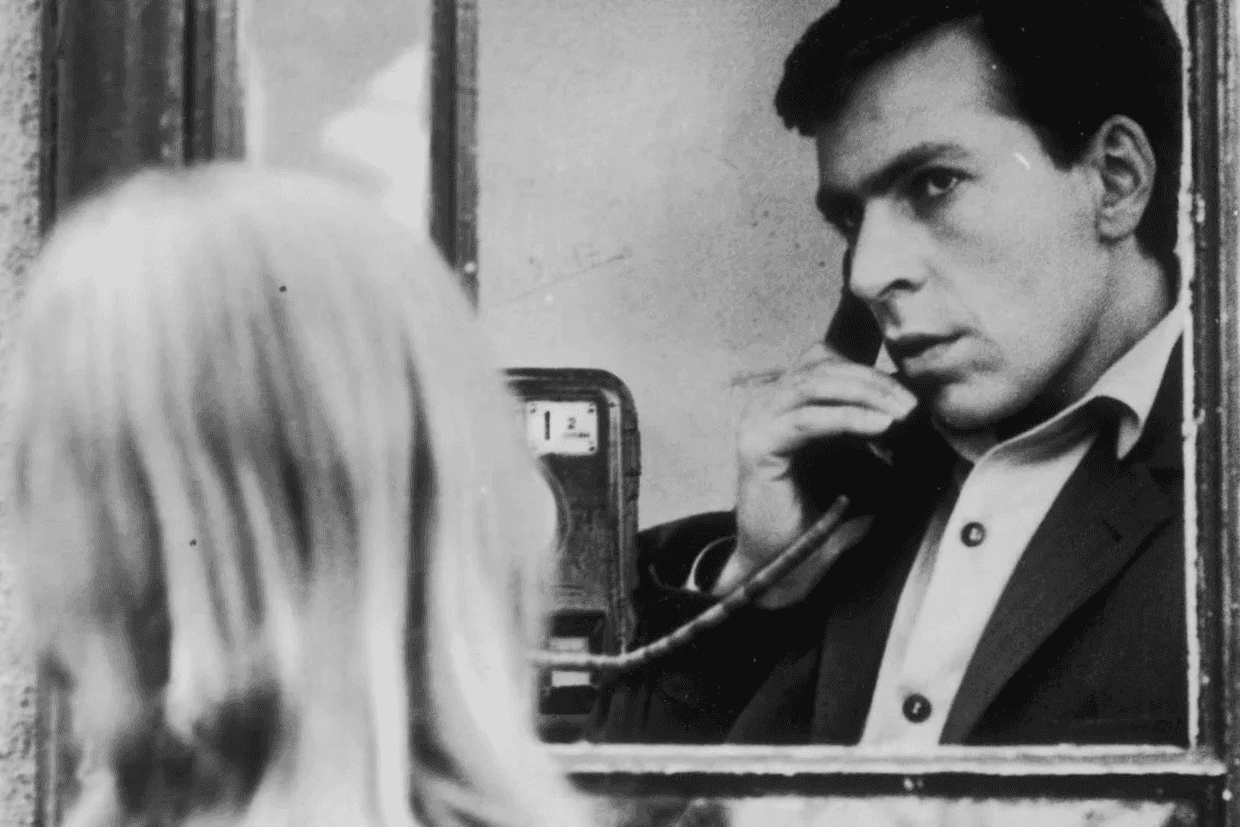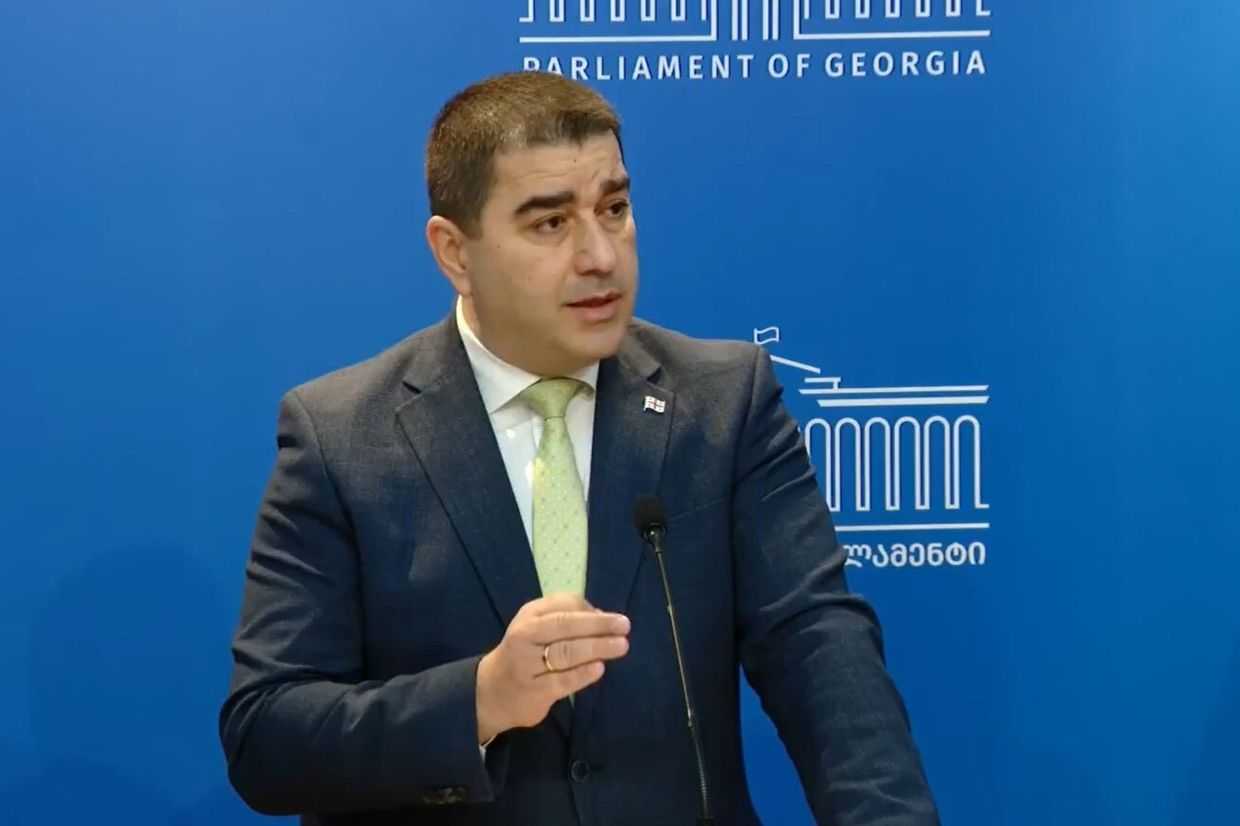

In Georgia, it’s generally assumed that jarti (scrap metal) collectors are simply called when people wish to get rid of their Soviet-era refrigerators, stoves, and other outdated pieces that carry valuable metal in them. However, a closer look at the uneasy industry shows how Georgia’s present situation reflects in the piles of tin, copper, and brass.
Not far from Tbilisi’s Samgori Metro Station, lies a former ceramic factory now serving as a base for collecting, dismantling, and recycling scrap metal. There are two general categories of collectors — those who work in ‘black metal’, low-value iron, tin, and steel and ‘colour metals’, copper, brass, aluminium, and other non-magnetic metals.
While those in the first category usually have an agreement to sell their scrap to the Rustavi’s metallurgical plant, those dealing in ‘colour metals’ rarely find customers in Georgia.
‘There are simply no facilities for working with coloured metal in the country. The customers are all foreigners’, says Iura Beridze, who has worked in the industry for almost two decades.
He and his brother collect metal from the public, weigh it, pay for it based on the weight, and then dismantle it into pieces before taking it to larger bases for export.
‘We have a noble profession. We help the poor people who’ve got nothing else to sell’, Beridze says, as another customer walks out.
‘Our own profit is about ₾0.20–₾0.30 ($0.10) per kilo of material’.
Beridze checks the prices twice a week on the Forex stock exchange. The price for copper is now ₾12 ($4.40) per kilogramme, ₾8.5 ($3.10) for brass, while aluminium, the most common metal, goes for as low as ₾2.5 ($0.90) per kilogramme.
‘Usually we’re busier. People save their scrap for the New Year because they’re thinking — “if we sell it now, with what money will we celebrate the holidays?” ’, says Mamuka Nebulishvili, an iron dealer.
He says that generally there are less people now, since they’re running out of the Soviet pieces at home.











